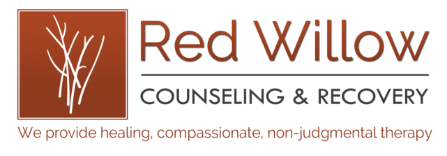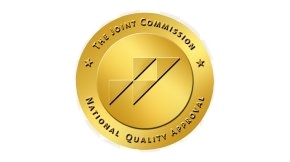
Family Therapy
Family therapy can help families work towards the change they wish to see in a safe, non-judgmental environment. Here at Red Willow Counseling & Recovery, we give you all a space to say how you feel, to hear each other, and to be heard. We can help you to identify behaviors that could use work and assist you in learning the necessary skills so that you and your family can heal and be better equipped to work through future challenges as a functional unit.
What Is Family Therapy?
Rather than focusing on an individual, family therapy works through issues with families. No one is singled out and everyone gets the chance to speak their truth. The therapist can help to clarify what people were saying and provide guidance and helpful exercises that can teach you the skills you need in order to deepen your family connections, even after you are no longer in therapy together.
Family therapy can be done by itself or alongside another type of therapy, such as if a family member is currently in rehabilitation. There are several different types of family therapy, as well, each approach focusing on helping people in a different way.
Some common issues that people go to family therapy for include:
- Strained family relationships
- Communication issues
- Behavioral problems
- Coping with the illness of a family member
- The death of a loved one
- Divorce/relationship issues
- Sudden changes, like unemployment or a move
- Stressful events or life transitions
- Trauma
Family therapy can also help when:
- A family member has a mental health condition, such as an eating disorder
- A family member is neurodivergent
- A family member is struggling with substance abuse
- And more
What Are The Benefits Of Family Therapy?
Family therapy can be uncomfortable as people speak their truths and you work through your issues in order to become a stronger unit. The skills that people learn throughout family therapy are ones that they can carry with them throughout their lives.
Family therapy offers many benefits, such as:
- Understanding each other better
- Learning healthy coping skills
- Improving troubled relationships
- Helping families cope with issues such as illness, grief, and stress
- And more
Going to therapy as a family can be beneficial whenever something is straining your relationships so that you can better understand each other, know how to support each other, and figure out any behaviors that can be altered in order to improve your family’s happiness.
What Is Family Therapy Like?
Family therapy is typically short-term, only lasting approximately 12 sessions. Each session lasts about 50 minutes. Depending on your family’s situation and what you are going to family therapy for, your family may need more or fewer sessions than this. Your therapist will be able to give you an idea about how many sessions you and your family should plan on attending.
Depending on your goals and situation, not all family members may be present at each session. Your therapist will work closely with you in order to ensure that your experience is as healing and productive as possible. In some cases, this requires everyone to be there, in others, some people may not need to be present.
During therapy, you can work on things such as:
- Exploring family roles, behaviors, and rules that contribute to conflict and resolution
- Identify your family’s strengths and weaknesses
- Work on your family’s ability to resolve conflicts in a healthy, productive manner
It is important to note that while family therapy can greatly improve your family dynamics, people must be willing to put in the work for it to work. If people do not wish to put in the time and effort, it may not be as effective. Family therapy also is not a cure; it won’t be able to prevent your family from ever having struggles again. However, when future struggles do arise, you and your family will be able to work through them together in a more effective way.




